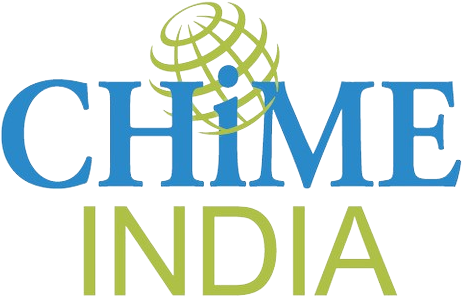Written by : Aishwarya Sarthe
August 8, 2023

Researchers from the Indian Institute of Technology Madras have created a Machine Learning-driven computational tool designed to enhance the identification of cancerous tumours in the brain and spinal cord. Termed 'GBMDriver' (short for GlioBlastoma Multiforme Drivers), this innovative tool is now accessible to the public online.
Glioblastoma, an aggressively growing brain and spinal cord tumour, has posed significant challenges due to its swift progression and limited treatment options, resulting in a survival rate of under two years post-diagnosis. The IIT Madras team, spearheaded by Prof. M. Michael Gromiha from the Department of Biotechnology, developed the GBMDriver tool to address this issue. This tool focuses on distinguishing driver mutations'”mutations causing the disease'”from passenger mutations, which are benign.
The development process integrated various factors, including amino acid properties, di- and tri-peptide motifs, conservation scores, and Position Specific Scoring Matrices (PSSM). The team meticulously examined 9386 driver mutations and 8728 passenger mutations in glioblastoma, achieving a remarkable accuracy rate of 81.99% in identifying driver mutations within a blind set of 1809 mutants. Impressively, this accuracy surpassed existing computational methods, solidifying GBMDriver's efficacy. Notably, the methodology relies solely on protein sequences.
Among the team members were Prof. M. Michael Gromiha and Medha Pandey, a Ph.D. student at IIT Madras, and IIT Madras alumni Dr. Anoosha, now affiliated with Ohio State University, and Dr. Dhanusha Yesudhas, at the National Institutes of Health. The research findings were disseminated through a publication in the esteemed peer-reviewed journal, Briefings in Bioinformatics.
Prof. Gromiha emphasised the significance of their discoveries: identifying crucial amino acid features for cancer-causing mutation identification and attaining the highest accuracy in distinguishing between driver and neutral mutations. The GBMDriver tool is anticipated to revolutionise the prioritisation of driver mutations in glioblastoma, thus aiding in pinpointing potential therapeutic targets and fostering the development of targeted drug design strategies.
One of the remarkable aspects of this research is its versatility. The method and features used in GBMDriver could be applied to diagnose other diseases. Moreover, the process may serve as a pivotal criterion for disease prognosis.
Medha Pandey, the Ph.D. student involved in the project, highlighted the tool's accuracy achievements'”a 73.59% accuracy rate and an AUC of 0.82 in 10-fold cross-validation, and an 81.99% accuracy rate and an AUC of 0.87 in the blind set of 1809 mutants. These results underscore the method's potential to prioritise driver mutations in glioblastoma, paving the way for improved therapeutic identification.
In conclusion, the Machine Learning-driven GBMDriver tool developed by IIT Madras researchers marks a significant advancement in cancer detection, particularly in cases of brain and spinal cord tumours. Its accuracy in distinguishing between cancer-causing and neutral mutations, its potential applicability to other diseases, and its role in guiding therapeutic strategies contribute to its status as a pioneering tool in medical research.
IIT-M researchers previously introduced ARTSENS, a non-invasive device, in April 2023. The device identifies potential cardiovascular diseases early by assessing blood vessel health and age. With ARTSENS, experts and non-experts can quickly evaluate and predict vascular health through routine medical examinations.
The College of Healthcare Information Management Executives (CHIME) is an executive organization dedicated to serving senior digital health leaders. CHIME includes more than 5,000 members in 56 countries and two US territories and partners with over 150 healthcare IT businesses and professional services firms. CHIME enables its members and business partners to collaborate, exchange ideas, develop professionally and advocate the effective use of information management to improve the health and care throughout the communities they serve. CHIME's members are chief information officers (CIOs), chief medical information officers (CMIOs), chief nursing information officers (CNIOs), chief innovation officers (CIOs), chief digital officers (CDOs), and other senior healthcare leaders. The CHIME India Chapter became the first international chapter outside North America in 2016 and is now a community of over 70+ members in India. For more information, please visit www.chimecentral.org
